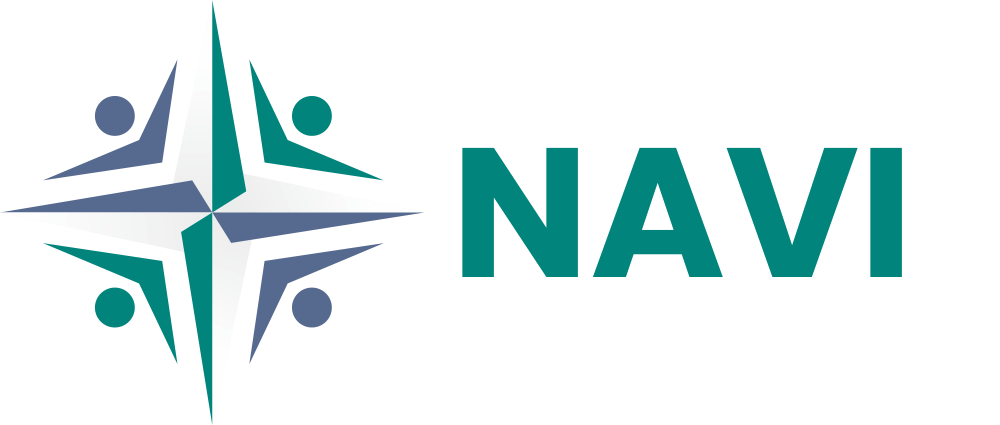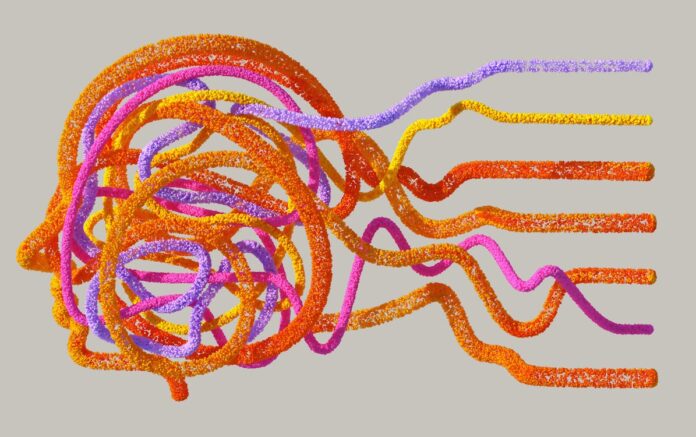Interviewer (NAVI Research Institute): Good day, Saltuk and Hamdi. Thank you for joining us today, to discuss your intriguing research on AI/ML based analysis of disinformation campaigns. Use of Artificial Intelligence to fight disinformation is smart thinking, especially after what we have seen with regards to foreign interference to democratic processes recently. I am very excited to hear about your research.
Saltuk Karahan (Researcher): Hello, and thank you for having us. We’re excited to share our findings and insights with you.
Hamdi Kavak (Researcher): Indeed, it’s a pleasure to be here and discuss the critical issues surrounding disinformation in today’s digital age.
Is Anti-Americanism’s Rise Cultivated?
Interviewer: Let’s begin talking about your research. The study explores the rising tide of anti-Americanism; particularly in NATO countries like Turkiye. Could you elaborate on the factors contributing to this phenomenon?
Saltuk Karahan: Certainly. Anti-American sentiment in NATO countries has been a complex phenomenon mostly a combination of political, social, and media factors. It’s important to note that, it’s not a new phenomenon, but what’s particularly intriguing is how it’s being perpetuated and amplified through social media platforms in recent years.
Hamdi Kavak: In addition to what Saltuk said, we’ve observed that social media, especially platforms like X (formerly Twitter), have become breeding grounds for disinformation campaigns, which are targeting the U.S. and its policies. This got worsened by the polarization of political discourse and the control exerted over mass media by certain entities within these countries.
Tactics of Disinformation Campaigns
Interviewer: Fascinating. Could you provide some insights into how disinformation campaigns are orchestrated, particularly through social media platforms like X (formerly Twitter)?
Hamdi Kavak: Disinformation campaigns employ various tactics such as the use of bots, troll armies, and astroturfing techniques to disseminate misleading content. X with its brevity of posts and rapid amplification mechanisms, becomes a powerful tool in these campaigns. The way X’s algorithm is structured has a distinct role in this.
Saltuk Karahan: Moreover, the vulnerability of an information ecosystem plays a crucial role. Political polarization, regulatory capture of media, and hyper-partisanship create fertile ground for the spread of disinformation.
Authoritarian Regimes and the Social Media: A Love/Hate Story
Interviewer: Your research also touches upon the role of authoritarian regimes in leveraging social media for their agendas. What are some specific findings of your research on this aspect?
Saltuk Karahan: Absolutely. We’ve seen examples like Russia’s use of bot farms to spread pro-Kremlin propaganda on Twitter. However, the relationship between such regimes, and social media platforms is complex. While they exploit these platforms for their benefit, they also impose strict regulations and censorship to maintain control. By threatening the whole operation of the platform within the country, these regimes exert a huge amount of pressure to increase their say what gets amplified. Judiciary is also unfortunately a regular complicit in these efforts by these authoritarian regimes.
Hamdi Kavak: China, for instance, employs the “Great Firewall” to monitor and censor social media activities. They also engage in what’s known as “50c party posts,” where individuals are paid to defend the government online; thus diluting public discourse. Especially in the case of China, they make additional efforts to obfuscate the orchestration of coordinated efforts. For instance, Chinese state sponsored accounts don’t follow each other thus undetectable in traditional analysis and requiring more advanced AI/ML efforts.
Are AI and ML Efficient in Identifying Disinformation Campaigns?
Interviewer: Speaking of AI/ML, your research highlights the importance of them in analyzing these disinformation campaigns. How effective do you think these techniques are in combating such threats?
Saltuk Karahan: AI/ML techniques have shown promise in identifying patterns and trends within social media data. They enable us to analyze sentiments, emotions, and narratives at scale; providing valuable insights into the dynamics of disinformation.
Hamdi Kavak: However, it’s crucial to complement these techniques with qualitative investigations to ensure accuracy and depth of analysis. By combining AI/ML with qualitative research, we can gain a comprehensive understanding of how narratives shape public opinion.
What does the Future Hold?
Interviewer: Finally, what do you envision as the next steps in your research, and how do you think it can contribute to addressing the challenges posed by disinformation campaigns?
Saltuk Karahan: We believe scaling our study to include other U.S. allies and employing advanced AI/ML techniques will provide a robust tool for understanding the extent to which narratives shape anti-American sentiment. Furthermore; by identifying the specific agendas behind these narratives, we can better equip policymakers and stakeholders to counter disinformation effectively.
Hamdi Kavak: Ultimately, our goal is to enhance resilience to online disinformation by developing a nuanced understanding of its drivers, and mechanisms. We hope that our research will contribute to safeguarding democratic discourse and strengthening cybersecurity in an increasingly digital age.
Interviewer: Thank you both for sharing your insights. Your research offers valuable perspectives on a pressing issue in today’s global landscape.
Saltuk Karahan: Thank you for having us.
Hamdi Kavak: It was a pleasure.
Hamdi Kavak is an Assistant Professor at George Mason University in Fairfax, Virginia, who blends his academic prowess with a diverse professional background that includes military service. With a focus on data science, he leads interdisciplinary research projects involving participants ranging from high school students to full professors. Over his tenure, he has mentored 42 researchers and contributed significantly to the field, publishing 18 research papers, chairing PhD committees, and securing funding for multiple projects. Hamdi's expertise encompasses a wide array of technologies including Python, Java, and various machine learning solutions.
Prior to his current role, Hamdi held positions at George Mason University's College of Science and the ODU Virginia Modeling, Analysis & Simulation Center (VMASC), where he worked on cutting-edge projects such as urban simulations and developing frameworks for agent-based models. With a solid academic background including a Ph.D. in Modeling and Simulation from Old Dominion University, Hamdi brings a wealth of experience in both academia and industry, enriching the field of computer engineering and data science through his research, teaching, and leadership roles.

